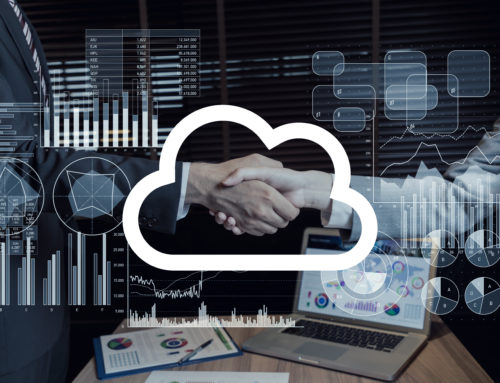What Hospitality CIOs are Saying… and Why Stakeholders are Listening!
With technology now considered a “front-end” asset, hospitality CIOs are finding themselves thrust further into the spotlight. After all, they represent the link between technology and business, imparting their IT knowledge upon stakeholders to help their properties maintain a competitive edge. SkyTouch Technology shares some of the top conversations CIOs are having when it comes to technology… and why stakeholders are listening to their every word:
Strategic Cost Control. CIOs are driving the concept home that strategic investments in technology translate into future ROI. Today’s cloud technologies, for instance, can be utilized to help hotels operate more cost-effectively by streamlining operations and curbing IT on-premise and support costs. Based on this philosophy, the majority of hotels are migrating their property management systems to a full-featured cloud-based system such as the SkyTouch Hotel OS platform to achieve a multitude of operational benefits and cost-savings.
Big data. CIOs are paying close attention to data culled from social media and customer review analytics to help analyze and predict key customer behaviors and patterns. Cloud PMS technologies further enable CIOs to gain access to real time data and analytics that paint an accurate picture of how guests book, spend, and respond throughout the guest life cycle. This collective data is then used by CIOs to optimize distribution and maximize revenue growth. Look for “big data” to continue to dominate conversations taking place at stakeholder meetings and industry events in the months ahead!
Strategic Agility. CIOs today recognize that the hospitality environment is rapidly changing and they are tasked with ensuring that their hotel is agile enough to respond and adapt to these often unpredictable conditions. Those hotels poised to embrace and respond to changes in technology are better suited to thrive and maintain their competitive edge. Again, hotels are increasingly turning to the cloud to better position themselves to be agile while also enhancing their level of security, flexibility, and ability to meet customer demands.
Mobility. CIOs understand the significance of mobile consumption and they continually seek new tools and platforms to help deliver mobility to guests. They are behind the apps that provide “mobile concierge” services, remote check-in/out, and other features that bring access, speed, and efficiency to the guest experience. The ultimate goal for the CIO — keeping mobile-driven guests digitally and mentally connected to their hotel brands both on and off premise.
Security. CIOs consider data security to be a paramount concern yet one that can be addressed through technology. Today, various options are available to help hotels remain compliant and secure in an era where hacks and breaches abound. Many are putting their faith in the cloud, for good reason. Cloud-based hotel PMS systems offer much more protection than their traditional, legacy, on-premise counterparts. In addition, the cloud service model allows for tighter control over access points between the consumer and service provider and reduces the worries associated with on-premise equipment and data vulnerabilities.
As technology continues to evolve and figure more prominently into the above areas, the role of hospitality CIO will continue to be instrumental in helping hotels achieve ROI and maintain their competitive edge.




